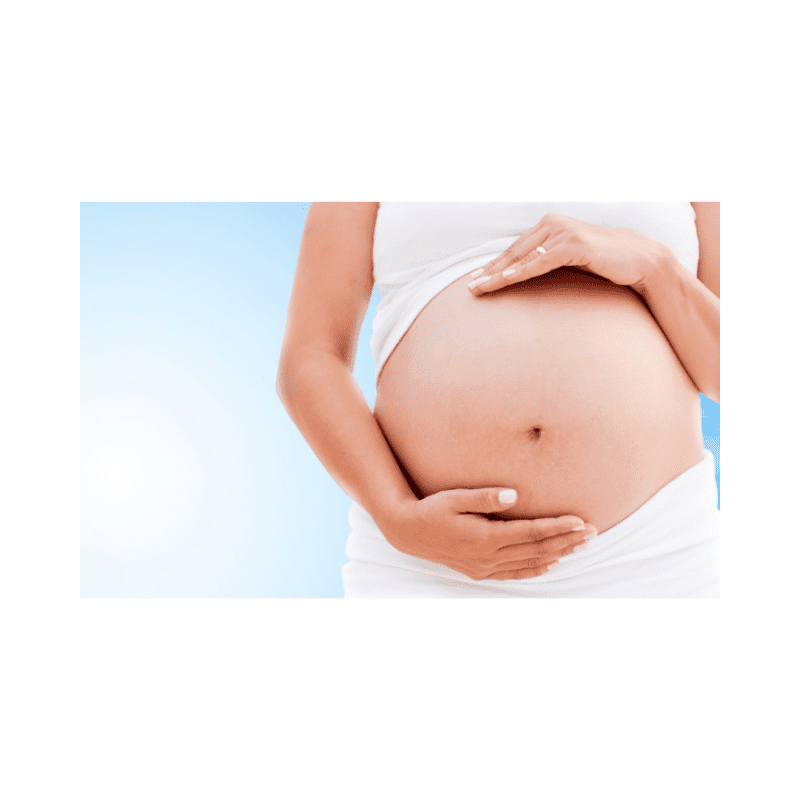
Nutritional Considerations for Conception
A Healthy Weight is ideal for getting pregnant in both females and males
- Obesity can affect hormonal and metabolic changes that can directly affect fertility in both women and men (Brown 84).
- Moderate weight loss in obese individuals and modest weight gain in those underweight improve fertility (Brown 84).
- Healthy
or Ideal BMI (Body Mass Index) (Brown 57). 18.5 – 24.9 kg/m2
- Underweight < 18.5 kg/m2
- Overweight 25 – 29.9 kg/m2
- Obesity > 30 kg/m2
Body Fat % may be a better indicator of a healthy weight and shows a positive relationship with estradiol levels (higher estradiol levels indicative of fertility) (Ziomkiewicz et al. 2560)
Body Fat % around 20%-25% is ideal (Ziomkiewicz et al. 2558)
Physical Activity prior to conception and during pregnancy
- Regular exercise is encouraged prior to, during, and after pregnancy as this can result in better recovery for the mother after delivery (Greene 41).
- Yoga, walking, light strength training, and cardio aerobic exercises are excellent options to incorporate prior to, during, and after pregnancy
Optimal nutrient intake and a well-balanced diet is imperative for a healthy pregnancy
- Plenty of antioxidant and fiber rich fruits and vegetables (apples, pears, grapes, tomatoes, broccoli, spinach and other leafy greens) up to 5 cups per day
- Whole grains (rolled oats, whole grain breads and crackers, quinoa, brown rice, and other whole grains)
- Limit red meat, include lean meats and poultry (chicken, turkey, or other vegetarian options, such as black bean burgers)
- Avoid refined sugary and processed foods (cakes, cookies, and other pastries)
- Consume low fat dairy products (low fat Greek yogurt, low fat milk or substitute with almond or coconut milk)
Vitamin and Mineral Supplementation
- Adequate folate status prior to conception is very important to avoid neural tube defects, oralfacial, urinary tract and heart defects (Brown 61).
400 mcg up to 1 mg daily is optimal for any women looking to become pregnant
- Adequate iron stores should be adequate prior to conception and should be initiated 2-3 months prior to conceiving (Brown 62-63).
18 mg for non-pregnant women within reproductive years (pre-menopausal)
27 mg for pregnant women
- Other vitamins essential prior and during pregnancy include B vitamins and vitamin D, should be assessed and supplemented if necessary
References
Brown, Judith E. Nutrition Through the Life Cycle. 5th ed. Stamford: Cengage Learning, 2014. Print.
Greene, Alan. Feeding Baby Green. San Francisco: Jossey-Bass A Wiley Imprint, 2009. Print.
Ziomkiewicz, A et al. “Body fat, energy balance and estradiol levels: a study based on hormonal profiles from complete menstrual cycles”. Human Reproduction. 23.11 (2008): 2555-2563.
